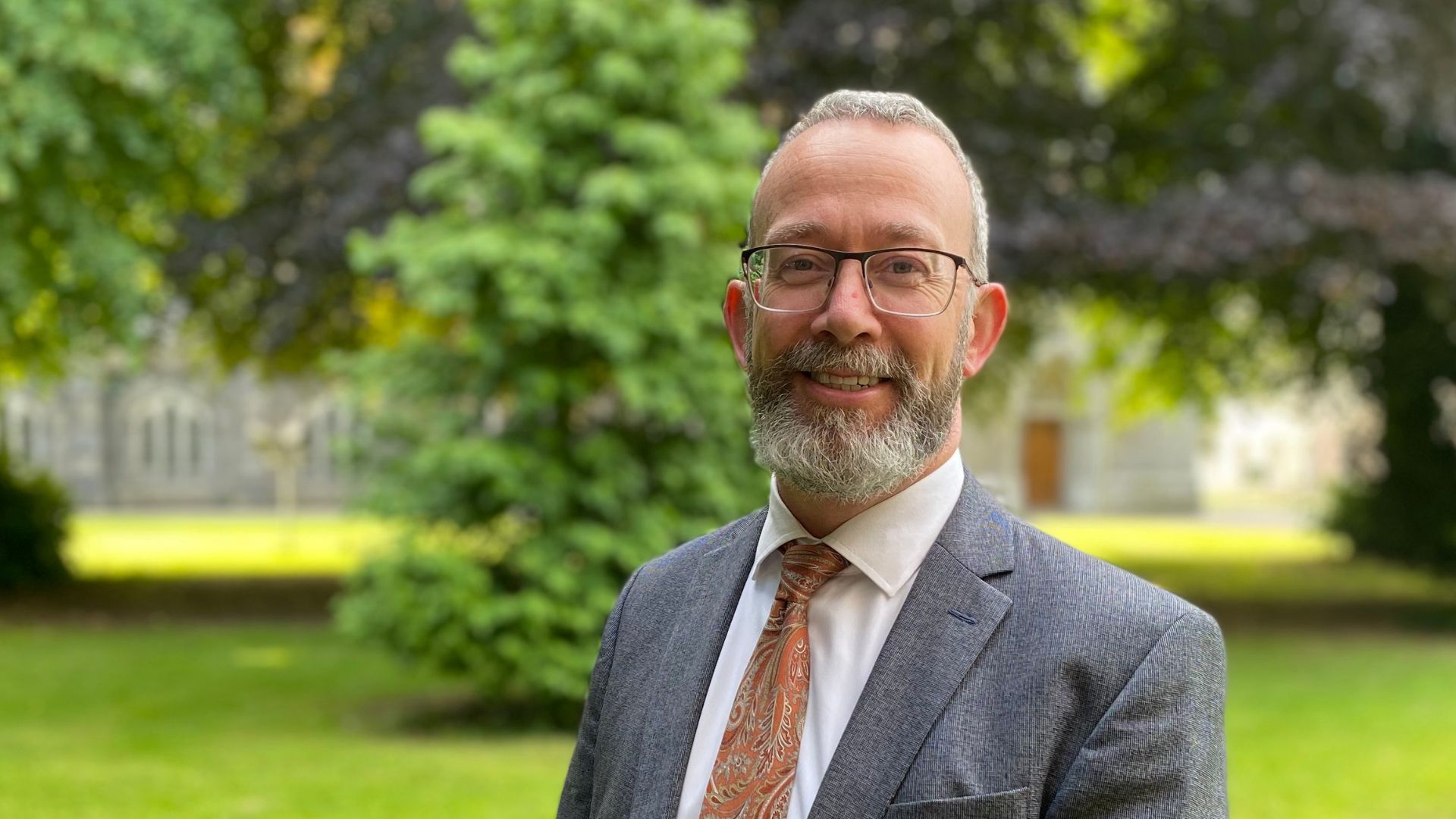The following was written for The Irish Times on Tuesday, 27 May, by Alan Hynes (pictured above), chief executive officer of the Catholic Education Partnership.
In an increasingly pluralistic and multicultural society, the importance of religious education has never been more apparent.
As communities become more diverse – culturally, ethnically and spiritually – the role of religious education in its service to families and to the common good must not diminish but rather deepen in purpose and clarity. Religious education provides not only a proposition of faith but a robust foundation for dialogue, respect, and moral engagement in the wider world.
Far from being an outdated or exclusionary practice, religious education is an essential component of a well-rounded education, supporting the holistic development of both the individual and society.
A key function of religious education in a diverse society is promoting mutual understanding and respect among people of different faiths and world views. In the increasingly globalised environment in Ireland, Europe and beyond, individuals are more likely than ever to interact with people from various religious backgrounds. Misconceptions about religious beliefs often lead to prejudice, fear and even conflict.
Religious education, when done thoughtfully and with a spirit of dialogue, equips students with the knowledge and empathy needed to engage respectfully with others.
To paraphrase Halik in The Afternoon of Christianity (2024), religious education is a place of “encounter and conversation” inviting in all people of good will irrespective of identity, outlook or belief.
Without this type of external orientation, Christian communities risk becoming “ghettos” where “like only encounters like without the capacity to grow intellectually and spiritually from the stimulation of alternative points of view”.
Catholics, like all other faith groups, are urged to recognise and respect the sincere religious convictions of others. In this light, religious education becomes a bridge – not a barrier – between communities. It fosters the ability to appreciate diversity without diluting one’s own beliefs.
Catholic schools and their religious education programmes, therefore, have a dual responsibility: to faithfully transmit the teachings of the church while cultivating an atmosphere of openness and dialogue. This includes teaching about other religions in a way that is honest, respectful, and free from caricature. Catholic education is not about isolationism or indoctrination; rather, it is about preparing individuals to contribute meaningfully to the common good.
To read the full article, please click HERE.
To find out more information about the Cathoilc Education Partnership, please click HERE.


